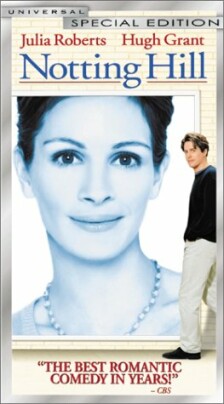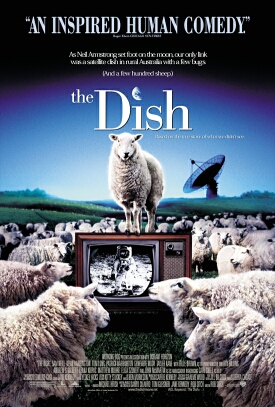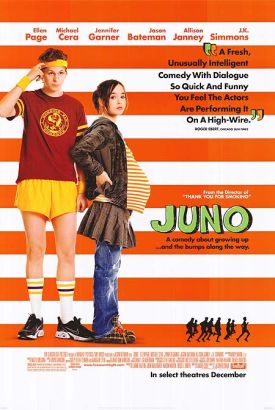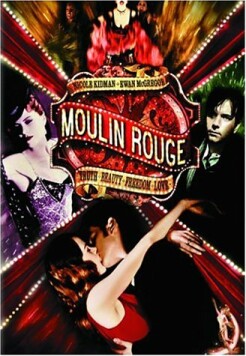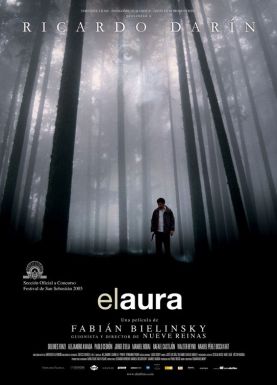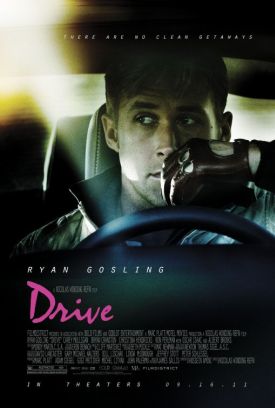Notting Hill
I confess. When I was a callow youth—even, let it be said, a moony
adolescent, I occasionally had fantasies like that which lies behind and beneath
Notting Hill. I guess I always knew that neither Sophia Loren nor
Elizabeth Taylor could ever be mine—not because they were superstars or
married to other people but because they were the age of my mother. But one of
the younger female stars—Julie Christie, say, or Cher—whom I (and
every boy of my acquaintance) lusted after would one day find herself,
improbably as it seemed, in my neighborhood. We would bump into each other on
the street, or she would find herself alone and in need of some such trifling
service as I might render her. Our eyes would meet and suddenly she would
realize that all those Hollywood phonies she had been dating lacked the one
thing that I had to offer in abundance: real life!
Recognizing that real life was better and, well, more real than Tinseltown,
Julie—or possibly Cher (when they were young, I thought that even
Geraldine Chaplin and Shelley Duvall were terribly sexy)—would blush and
smile and I would ask her out for coffee and the next thing I knew we would be
in one another’s arms. Soon we would have a lavish wedding and start our family
far from the meretricious charms of La La Land. My bride would give up acting
and all that was associated with it and settle down with great contentment to be
a loving housewife to me and mother to my children. For the rest of my life, my
friends would talk about how lucky I was, but the gorgeous pouting starlet who
had consented to be my very own would always say to me: “No, no, darling,
I’m the lucky one. . .”
Oh dear! I blush now to report it. Yet neither grown man, Richard Curtis the
writer or Roger Michell the director, seems ashamed to base Notting Hill
on a similar fantasy. The movie is said to be a sort of “sequel” to Four
Weddings and a Funeral—if only because it was written by Curtis and
stars Hugh Grant in the same sort of role—the role he was born for and has
also played in real life, the King of Embarrassment. This time the glamorous
American who walks into his life (he plays Will Thacker, an improbably
impecunious bookshop proprietor in Notting Hill, London) and provides non-stop
embarrassment is the fictional Anna Scott, a Hollywood megastar and endlessly
fascinating subject of the gossip industry. Or is it the real Julia Roberts, who
plays the part and who, more even than usual, is really playing herself?
According to the cover story in this month’s Vanity Fair, such was the
frequency of the real Julia’s objections to the fictional Anna’s scripted words
and deeds that Mr Michell’s watchword on the set was: “Anna Scott: different
person.”
But the functional identity of real Julia and fictional Anna is what gives
the film its postmodern piquancy. In one scene, Bernie (Hugh Bonneville), yet
another embarrassed Englishman who is supposed to be so troglodytic that he
doesn’t know who Anna Scott is, is lamenting the poor pay of struggling actors
and actresses. In defiance of the one English convention that, so far as I know,
is never broken (Mr Curtis must have been spending too much time in
Hollywood), he asks her how much she made on her last picture. She tells him $15
million. He does a pretty reasonable double-take and then says, “So
that’s—fairly good, then.” It is an excellent embarrassment joke; but it
is made even better by the fact that Julia Roberts probably made more
than $15 million on her last picture, and they had to reduce the amount slightly
to make it more believable.
Longtime readers will know that I am no fan of Miss Roberts. The terrifying
width of her smile is not, to me, the only thing about her that suggests too
much space between her ears. Yet I must also confess that for the first time I
found her charming in this film. Either because the acting didn’t involve
stretching her meagre talents too far or because she didn’t have to pretend, as
she so often does in the Hollywood pictures she usually makes, to the toughness
and omni-competence that Hollywood feminism demands of her generation of
starlets, she seemed merely sweet and vulnerable as she was meant to seem, and
therefore believable. The point is that Anna Scott really isn’t a
different person, and perhaps Mr Michell should have listened more often to her
objections, as when she quotes Rita Hayworth on how men “go to bed with Gilda
and wake up with me.” Just doesn’t sound right coming from her.
But plenty of things do sound right. The jokes are often sharp and funny and
Mr Grant’s embarrassment schtick is in fine fettle. In addition, Rhys Ifans as
his incredibly grotty roommate, Spike, though he may be a little over the top
nevertheless reveals a real talent for comedy and is always a welcome presence.
Above all, the film’s comedy works because it does not take itself too
seriously. Perhaps the best scene comes as Will and Anna and a group of Will’s
friends are playing a very English game of who can be most pathetic, for the
prize of a brownie. When Anna’s turn comes she says, with just the hint of
emotion in her voice: “Some day, quite soon, my looks will go, and they will
discover I can’t act and I’ll just be a sad, middle-aged woman who looks a bit
like someone who was once famous.” At first there is a stunned silence—and
then everyone else at once speaks up to say that her effort to be pathetic is
itself pathetic. She doesn’t win the brownie. Like my younger self, we are all
pathetic in love, just as all romantic movies are to some extent
wish-fulfilment. But as long as you recognize the fact, you can make a movie
like this one, both funny and genuinely affecting.
Discover more from James Bowman
Subscribe to get the latest posts to your email.

